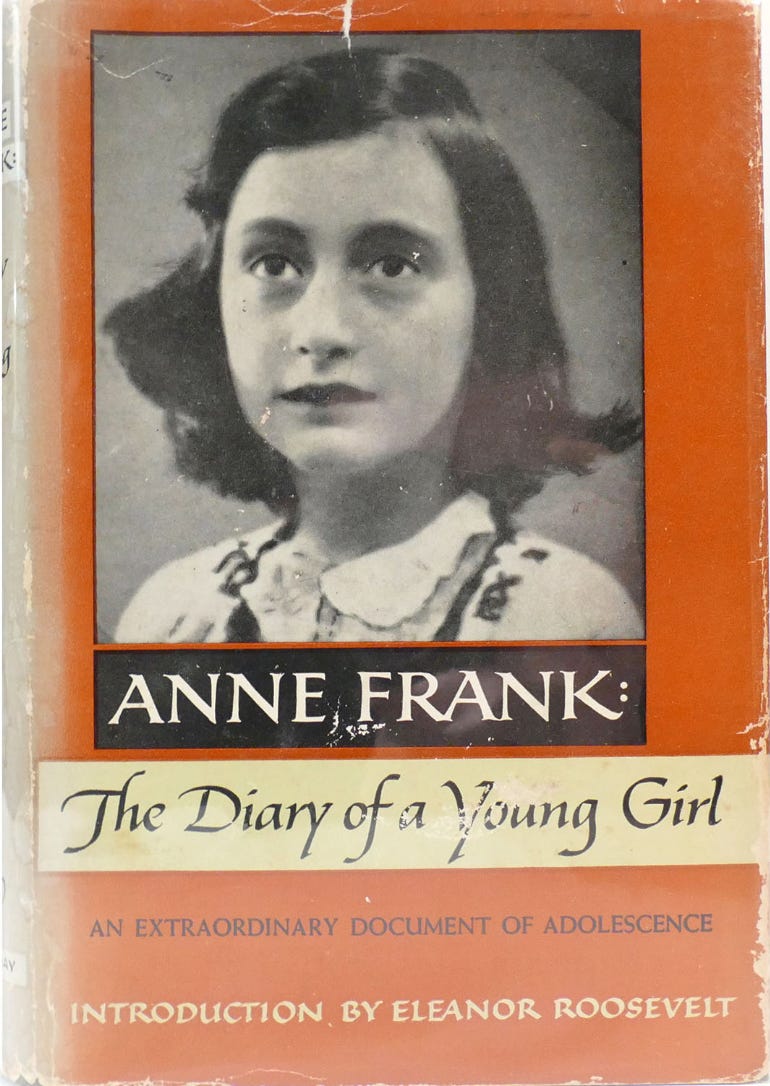“A Shropshire Lad: XIII” by A.E. Housman from The Collected Poems of A.E. Housman. Public Domain.
ORIGINAL TEXT AND AUDIO - 2017
The last United States combat troops left Vietnam on this date in 1973. Troop strength in the country had peaked at over half a million soldiers in 1969, which was also the year when war protests at home were reaching their highest levels. In the early 1970s, Nixon began to withdraw troops to aid the transfer of the responsibility over to South Vietnam. At the same time, he increased U.S. bombing of the North and expanded American troops into Cambodia and Laos to try to cut off supply lines. In January 1973, the United States, North and South Vietnam, and the Vietcong signed a peace agreement in Paris. Although this agreement ended the United States' direct involvement in the war, the cease-fire didn't hold; within weeks, it was broken by North Vietnam, and the war was back in full force by 1974.
The war was so unpopular, and the anti-war protests so widespread, that returning soldiers were advised to change into civilian clothes before getting off the plane, for their own safety. One soldier, Howard Kern, blamed the public hostility on the media for focusing on the negative. "[They] showed the bad things the military was doing over there and the body counts," he recalled. "A lot of combat troops would give their C rations to Vietnamese children, but you never saw anything about that — you never saw all the good that GIs did over there."
After the U.S. ground forces withdrew, 7,000 civilian personnel remained in Saigon to help South Vietnam with the war effort. The last Americans were evacuated in 1975, when Saigon fell to the communists.
It's the birthday of the politician and author Eugene McCarthy, born in Watkins, Minnesota (1916). He served in both houses of Congress over the course of his political career, and he challenged Lyndon Johnson for the Democratic nomination for president in 1968 because he disagreed hotly with Johnson's Vietnam War policy.
When he retired from Congress, he became a writer, penning several books about politics, and many poetry collections, including Ground Fog and Night (1979) and Other Things and the Aardvark (1970).
It is the birthday of the poet R.S. Thomas, born Ronald Stuart Thomas in Cardiff, Wales (1913). Most of his poems were about the people and landscape of his native land.
He was an Anglican clergyman, as well as a poet, until 1978, when he retired and devoted himself to the cause of Welsh nationalism. He often grew frustrated with his fellow countrymen, though, blaming them for letting their culture fade away into history. In his poem "Welsh Landscape," he called them "an impotent people, sick with inbreeding / worrying the carcass of an old song." He didn't learn the Welsh language until he was 30, and though he wrote his poetry in English, he wrote his autobiography in Welsh. He called it Neb (1985), meaning "nobody."
It was on this day in 1944 that Anne Frank made the decision to rewrite her diary as an autobiography. Almost two years earlier, in June of 1942, Anne's parents had given her a red-and-white-checkered diary as a 13th birthday present. A few weeks later, Anne's sister, Margot, received a notice to report for a forced labor camp. The next day, the family went into hiding, moving into rooms above the business office of Otto Frank, Anne's father. Otto's business partner came too, along with his wife and son, as did a dentist. From the beginning, Anne recorded her daily thoughts and feelings in her diary, which she nicknamed "Kitty." Once she filled the original checkered Kitty, she wrote in a black-covered exercise book, given to her by the non-Jewish friends who also took food and supplies to the families in hiding.
On March 28, 1944, the group who lived in hiding together gathered around a contraband radio to hear the news broadcast from London by the Dutch Government in Exile. The Education Minister, Gerrit Bolkestein, encouraged ordinary Dutch citizens living under the Nazi occupation to preserve documents for future generations. He said: "If our descendants are to understand fully what we as a nation have had to endure and overcome during these years, then what we really need are ordinary documents — a diary, letters from a worker in Germany, a collection of sermons given by a parson or priest. Not until we succeed in bringing together vast quantities of this simple, everyday material will the picture of our struggle for freedom be painted in its full depth and glory."
The next day, Anne wrote in her diary, describing Bolkestein's speech. She wrote: "Of course, they all made a rush at my diary immediately. Just imagine how interesting it would be if I were to publish a romance of the 'Secret Annex,' the title alone would be enough to make people think it was a detective story. But, seriously, it would be quite funny 10 years after the war if people were told how we Jews lived and what we ate and talked about here."
Frank went back through two years of entries and painstakingly rewrote them. She assigned pseudonyms to her family and the other members of the Secret Annex, and she edited for clarity, character development, and background. She decided that after the war, she would write a memoir called Het Achterhuis, which translates as "the house behind," or "the annex." She would use the diary as its basis.
She wrote again and again about her desire to become a published writer — a journalist or novelist — and questioned whether she would succeed. At one point she wrote:
Everything here is so mixed up, nothing's connected any more, and sometimes I very much doubt whether anyone in the future will be interested in all my tosh. 'The unbosomings of an ugly duckling' will be the title of all this nonsense.
Even while she rewrote her original diary, Anne continued to add to it, now with an audience in mind. In the spring and summer of 1944, she filled more than 300 pages of loose paper with this revised work. She was still working on it when the Nazis raided the secret annex in August of 1944, acting on an anonymous tip, and sent all of the inhabitants to concentration camps. Anne died of typhus in Bergen-Belsen concentration camp in 1945; of the eight members of the secret annex, only Anne's father, Otto Frank, survived.
Miep Gies was one of the Franks' friends who had helped them during their years of hiding — she and her husband were active in the Dutch resistance. After the annex was raided, Gies found Anne's writing and kept it in her desk, hoping to return it to Anne herself. When she learned that Anne had died, she passed it on to Otto, who edited and eventually published his daughter's story.
Be well, do good work, and keep in touch.®
That Time of Year: A Minnesota Life (slightly revised) Softcover






She is a burning flame of light in the dark world she lived in and even today- her words ring true. A gentle soul and a hero for all time.